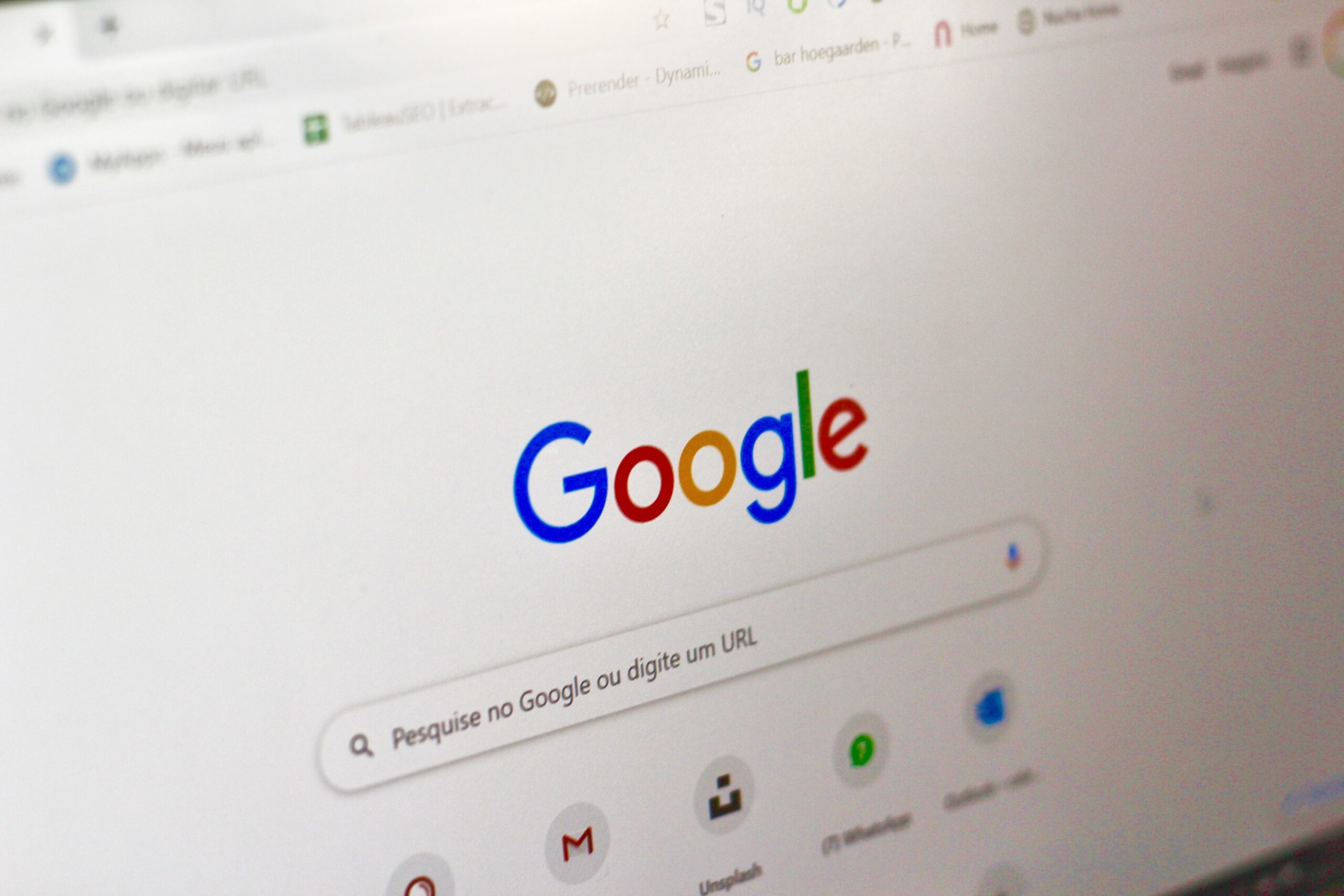
SEO and PPC are two channels which are key to the digital marketing mix, however they are often handled in silos. What some marketers don’t know, is that building a holistic search strategy can be beneficial to maximise performance across both channels.
There are a few different areas to consider in order to optimise both channels for a combined search strategy, which we will explore in this blog post.

Optimising paid search landing pages for SEO:
Optimising paid search landing pages from an SEO perspective has two benefits:
- It increases the page’s quality score due to increased keyword relevancy
- It can decrease CPCs as a result of the increased quality score
But what does it mean to optimise the page? We’re not saying you need to add large amounts of content to a PPC landing page, as you would want to do with an organic landing page. We are saying, however, that it’s important to get the basics optimised:
- Title tag
- H1 heading
- Body copy (that does exist)
- URL
- Image alt tags
- User Experience and journey to purchase/sign-up
The more optimised your page is for the paid search terms you are looking to target with your landing page, the more relevant it becomes for these terms, thus resulting in increased quality scores and lower CPCs.
Using SEO data to decide where to place PPC budget:
Every brand will have a subset of terms which it tracks for organic search positions as part of their reporting strategy. Often these will be the most important terms for the business (i.e. the ones that are expected to drive the best conversions, or where most of the brand’s brand competitors can be found).
If the brand’s website ranks highly for these terms, it makes sense to review the paid search campaigns that are being run here. If there is little to no competition, it may make sense to use the PPC budget for other campaigns where the competition is higher.
If this path is chosen, it is important to always keep an eye on paid search competition over time, in case more aggressive bidding is required due to increases in competition.
Using paid search conversion data to understand SEO priorities:
Understanding which campaigns (and specifically which terms) are converting well from a PPC perspective can be a goldmine in terms of determining where to put your focus for content optimisation and creation from an SEO point of view.
This is because it stands to reason that high converting terms for PPC will also drive high conversions for SEO if organic landing pages rank highly here.
Equally, expanding on content within blog posts or organic landing pages based on the topics of high converting PPC landing pages can help users make a purchase decision more quickly.
Using messaging from paid search in SEO meta descriptions based on conversions:
Testing conversion messaging is far easier in paid search than it is in SEO, as it doesn’t take long for paid ads to be approved and updated in the search results.
This means that if certain types of messaging perform well within the Google Ads space, it could be beneficial to test and roll out similar messaging within meta descriptions (particularly on product/service pages where messaging may need to be a little more sales-led).
Building out organic content to drive conversions:
Users will have multiple touchpoints with your website, and it is often unlikely that they will purchase or sign up to something upon their first visit. They may initially enter your site through PPC, but come back through Direct, SEO, or another channel.
Therefore, it is important to always consider user needs:
- What problem are they trying to solve
- How can you solve it
- Which channel will serve content best that helps solve their problem
This begins to span outside of just building a holistic search marketing strategy and begins to fall into overall digital marketing through wider channels such as social media and email marketing as well. However, focusing on organic content specifically, using landing pages and blog posts to answer search behaviours and queries in more detail can help convince customers to purchase from you as they will feel more informed.
Test…then test again:
The key consideration when it comes to SEO and PPC synergy is testing. Testing forms a large part of any successful search marketing strategy, as it is important to continually optimise and adjust bids based on how both SEO and PPC are performing.
You will want to test pulling back on campaigns where SEO performs well, however there may be competitive PPC activity that keeps you from fully committing to this. A test to see what happens at an overall website level and whether organic picks up the ‘loss’ from PPC is recommended.
You will also want to test going after new keywords if you are optimising budgets by pulling back spend on high SEO performers. A list of new priorities will help build out a test in terms of where budget should be spent to drive further conversions where SEO is not yet performant.
Finally, landing page and messaging tests across both channels can yield learnings about how users are converting, and what type of messaging works best for which channel (be weary, it may not be the same for both channels as PPC can be further down the purchase funnel than SEO in some cases).
In summary:
A solid search marketing strategy can help you avoid cannibalising on your own content. Often, we see PPC activity cannibalising on SEO because bids are being made on terms where organic performs well, and PPC isn’t necessarily required.
The key to a strong search strategy is looking at both SEO and PPC data sources and running tests. Pulling different levers to see how performance changes over time will provide an understanding of what works, and where the competitive set is strongest and so a combination of both channels is required to drive results.
Want to know more about search marketing synergy and how you can get the most out of your SEO and PPC channels? Get in touch with us today or book a free strategy call!
LET’S CONNECT
If you would like to keep up to date with our latest news, resources, and more then subscribe to our mailing list here




